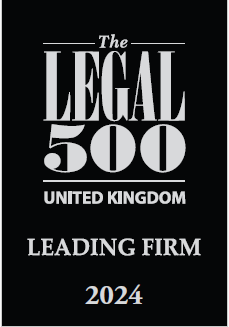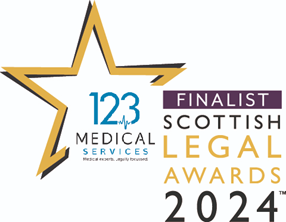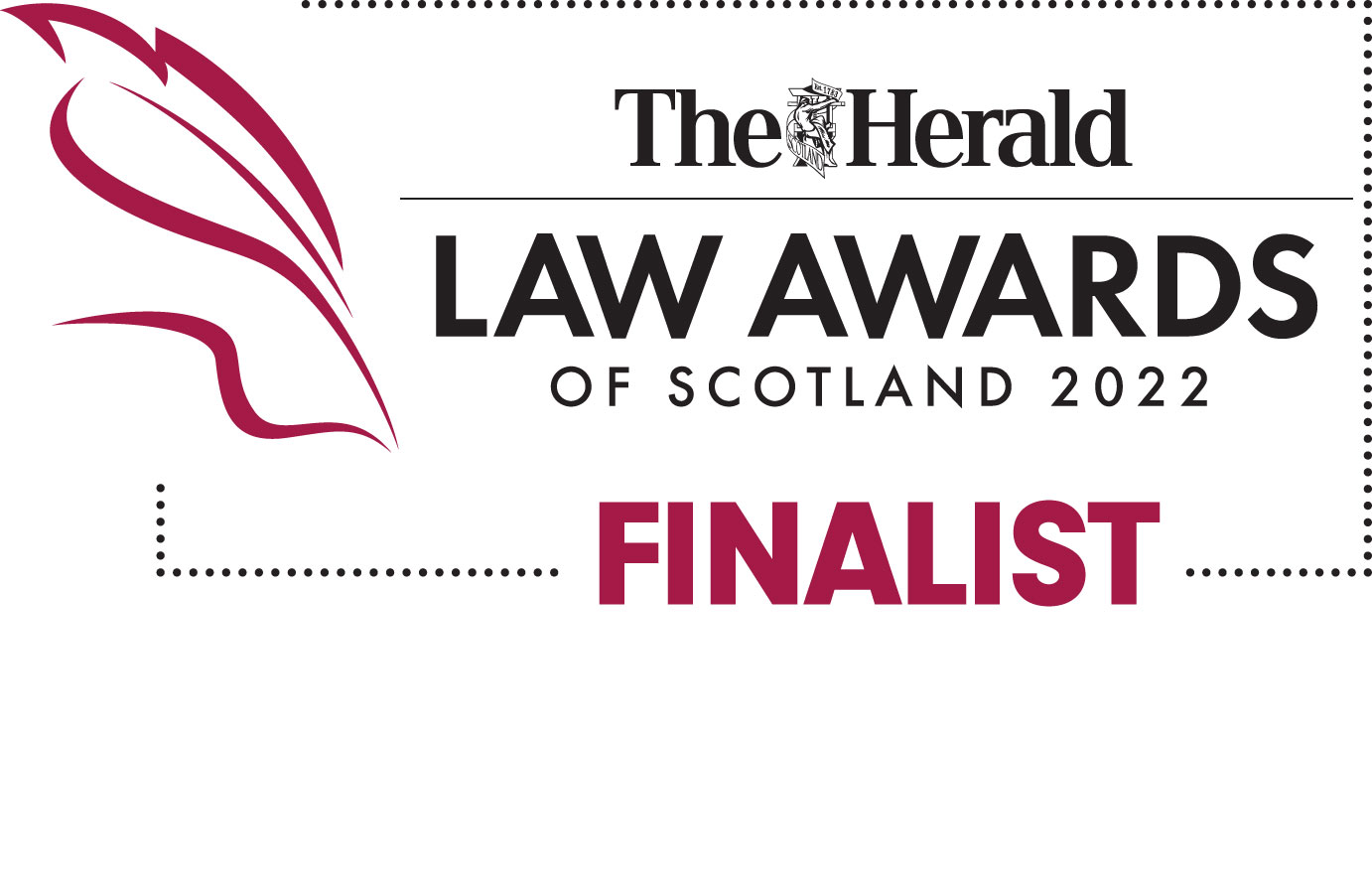Call us now: 0141 429 8166
Call us now: 0141 429 8166
Category: Private Client
Legal rights claims against an estate can become problematic and as a result, family relationships can be put to the test. In relation to legal rights challenges, the situation tends to be most vexed when a claim from a purported child of the deceased comes from outside the family unit and from a previously unknown party. “Legal rights” in Scots Law is an automatic right in the estate which arises in favour of the deceased’s spouse and/or children and is applicable whether the deceased died with or without a will. There is no equivalent principle to legal rights in English law (there is provision for a discretionary claim for financial provision, but no automatic right).
Whilst most claims will involve known children of the deceased parent where there is no doubt as to parentage, when purported children of the deceased, of whom the executors have no prior knowledge, emerge, the position is much less straightforward. (Unless the deceased parent is named on their birth certificate, the deceased was married to their mother as at their date of birth. In such cases, paternity is presumed under s 5 of the Law Reform (Parent and Child) (Scotland) Act 1986 and the onus will be on the estate to challenge the veracity of legal rights).
Where the existence of a purported child or a second family of a deceased comes to light after the date of death part of the difficulty for the practitioner can lie in how best to ascertain the genuineness of the and correctly advise the executors. In such circumstances, it is, of course, necessary that the executors seek appropriate evidence of parentage, whether or not this is a comfortable exercise for the family members concerned.
A helpful approach for executors is to bear in mind the potential for the claimant to seek declarator of parentage through the courts. By focusing on this, it might assist in dealing practically and pragmatically with such a claim. The standard of proof in an action for declarator of parentage under the 1986 Act is on the balance of probabilities. The onus is on the applicant or pursuer. Evidence can be introduced by claimants whether in the form of birth certificates, affidavit evidence or other adminicles to show the existence of the relationship between the claimant’s parent and the deceased at the time of conception, and the merit of any claim ought to be considered against this backdrop. If considerable doubt exists about parentage it may be useful to consider what may be the claimant’s ultimate remedy to focus the minds of executors on how the evidence might be assessed by the court, bearing in mind the estate may be liable for some of the cost of defending such an action, and this will almost certainly be so where the claimant succeeds in proving parentage.
Executors are bound to carry out their office in accordance with their clear legal duties and this obligation extends to making all reasonable efforts to establish the veracity of claims made against the estate and paying debts of the estate including legal rights. The result is that executors must determine the question of the validity of any legal rights claim against the estate in terms of the evidence before them and do so in a careful and objective way, having regard to the obligations upon them.
Under the 1986 Act, the court can ask that DNA testing be introduced to help resolve issues of parentage. The court cannot compel an individual to give DNA samples for this purpose but an adverse inference can be drawn by a refusal to agree to do so: s 70 of the Law Reform (Miscellaneous Provisions) (Scotland) Act 1990. It is preferable for DNA profiling to be undertaken by agreement and not as part of litigation. In the post death situation where DNA sampling of the deceased is no longer possible, DNA half-sibling tests if available may shed light on the biological connection to the deceased, but with a significantly lower level of conclusiveness than parental DNA testing, and again such requirement for testing cannot be compelled.
Where sufficient doubt remains and the executor remains unsatisfied that parentage is established, it may be that seeking counsel’s opinion on such an issue might provide the best way of anticipating how the court might decide. This might also represent a reasonable course to adopt where there is no half-sibling against whom to profile. Such an exercise is again likely to be costly but can be a means of avoiding litigation whilst providing the executor with some comfort and security of their position.
Suffice it to say that such unexpected claims constitute a potentially significant outlay for the estate because challenging an application for legal rights can be costly –but equally there can be cost and risk associated with accepting an application without the necessary due diligence. If you wish to have further advice about any aspect of legal rights claims in estates, DNA testing or paternity/parentage, or about your obligations as Executor, please do not hesitate to contact our experienced team of family and estate lawyers at Livingstone Brown.
Reliable, expert advice you can trust. Get in touch today










AWARD WINNING, SCOTTISH SOLICITORS